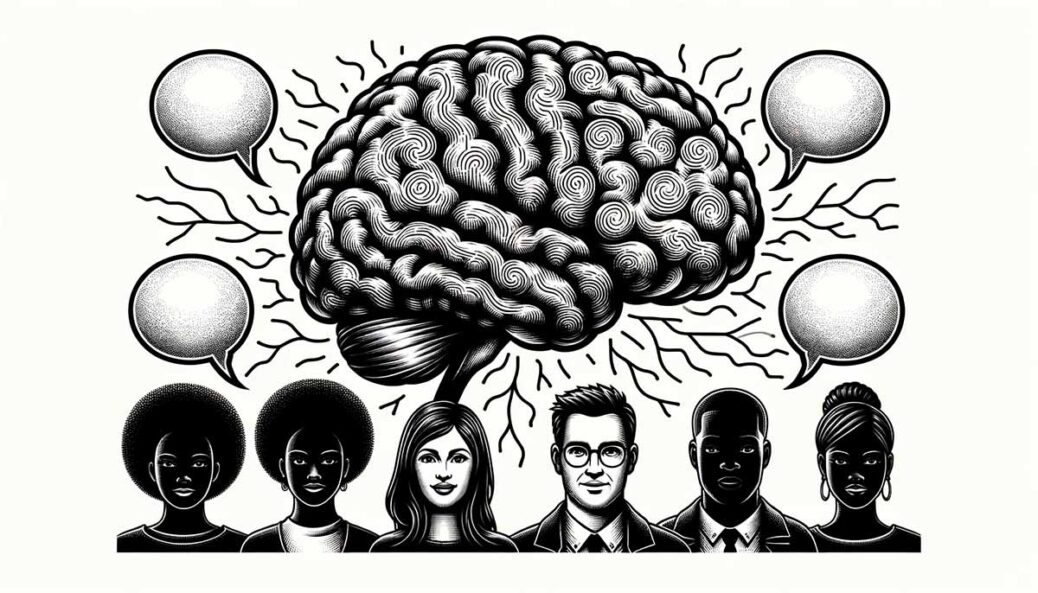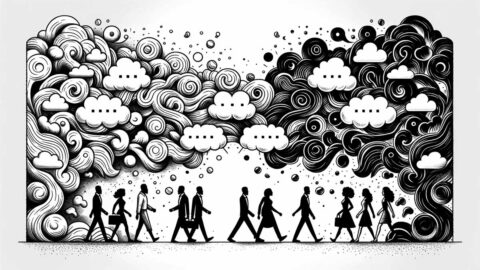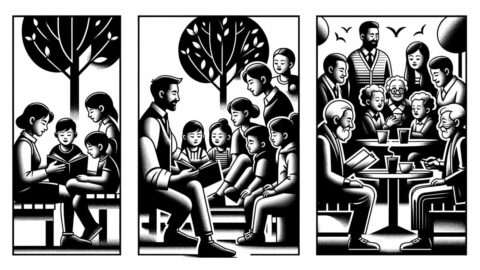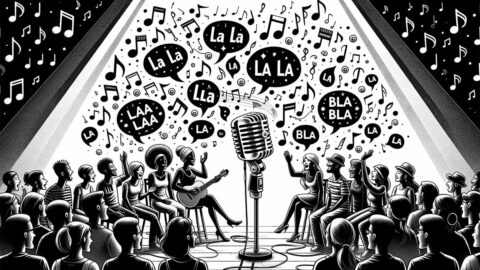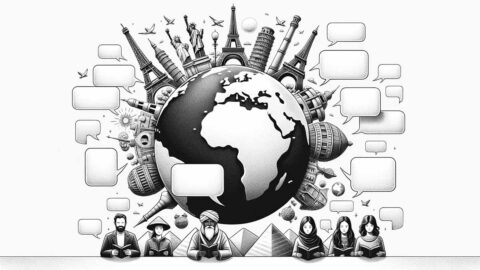In the era of social media, quotes have found a fertile ground to thrive and spread like never before. From profound wisdom to pithy humor, quotes are shared across platforms, cultures, and generations. But what drives us to share these snippets of wisdom or wit? Understanding the psychology behind sharing quotes can offer valuable insights into human nature and the ways we seek to connect with others. Let’s dive in.
The Power of Emotional Resonance
One of the most compelling reasons people share quotes is emotional resonance. A quote can encapsulate a complex emotion or experience in a way that’s immediately relatable. Whether you’re going through heartbreak, celebrating an achievement, or contemplating the complexities of life, there’s likely a quote that succinctly captures what you’re feeling.
In my own life, I’ve often turned to quotes during pivotal moments. The right words seem to offer both comfort and clarity. They serve as a shorthand for emotions that might otherwise be challenging to express.
The Desire for Social Validation
Sharing a quote can also be a quest for social validation. When we post a quote that resonates with us and then receive likes, shares, or comments, it confirms that others relate to or agree with what we’re feeling or thinking. This social validation often reinforces our beliefs or feelings, strengthening our emotional investment in them.
Building a Sense of Community
Sharing quotes also serves to build or strengthen communities. Whether it’s quotes about sportsmanship within a local club, philosophical sayings in an intellectual circle, or motivational words among a group of friends working towards a common goal, quotes can foster a sense of belonging. They create common ground, a shared language that unites people around a theme or belief.
Expressing Identity
A less obvious but equally important motivation for sharing quotes is the expression of identity. The quotes we choose to share act as markers of our values, beliefs, and aspirations. They subtly communicate to others who we are or who we aim to be. Whether we’re aware of it or not, each quote is a brushstroke in the portrait we’re painting of ourselves online.
I’ve noticed this play out in the types of quotes I gravitate towards, reflecting different facets of my identity—from the intellectual to the emotional, from the aspirational to the pragmatic.
Providing Social Commentary
Quotes often serve as social commentary. They are a way to critique, question, or highlight social norms and issues, all under the veil of someone else’s words. Sharing a quote is sometimes an easier way to bring attention to controversial or uncomfortable topics. It offers a starting point for discussion without requiring the individual to personally take on the potentially contentious issue.
The Influence of the Author
Earlier, we touched on the role the author plays in the value of a quote. In the realm of sharing, the author’s influence is indeed significant. Sharing a quote from a respected or well-known individual adds an extra layer of weight to the message. For example, a quote about freedom from Nelson Mandela would likely be perceived differently than the same quote from an unknown source. The author’s reputation, credibility, and life experiences imbue their words with additional meaning, making us more likely to share them.
The Multifaceted Appeal of Sharing Quotes
The psychology behind sharing quotes is complex, influenced by a range of factors from emotional resonance and social validation to the desire for community and self-expression. Understanding these motivations can enrich our own experience of quotes, making us more discerning in how we use them and more appreciative of why they hold such universal appeal.
The quotes we share are more than just strings of words; they are windows into our souls, bridges between us and others, and catalysts for conversations that might never have happened otherwise. So, the next time you come across a quote that resonates with you, you’ll likely find it even more meaningful, recognizing the layers of human psychology that contribute to its appeal.

